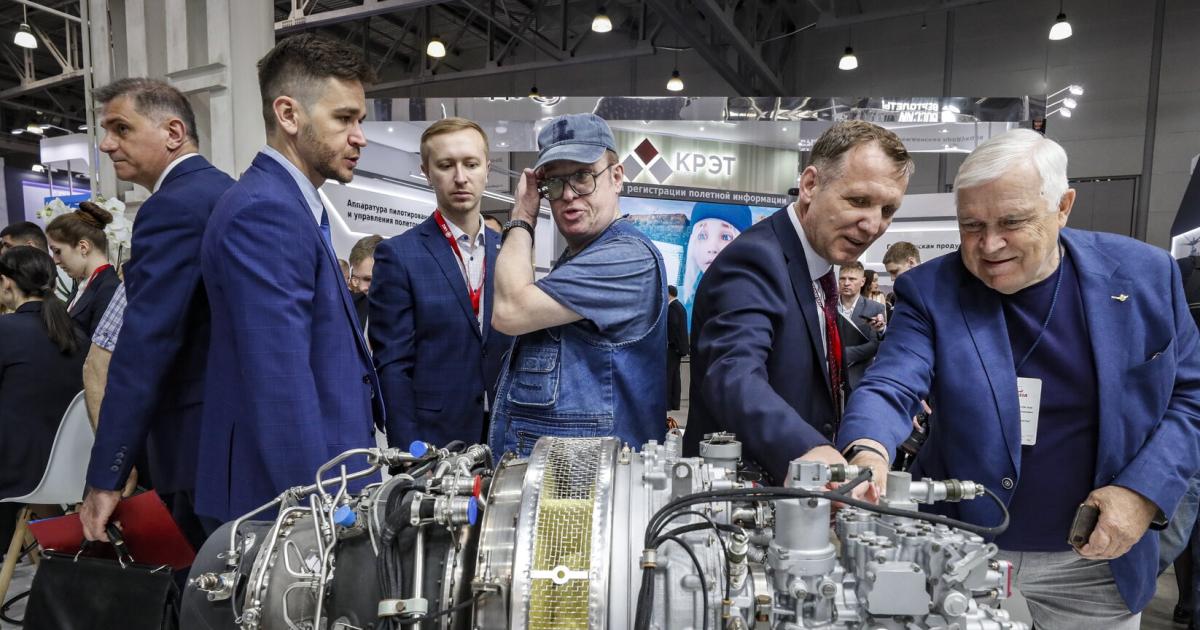The high government spending on… War against Ukraine keep economic growth in Russia at a very high level – industry in particular is booming. The Military and armaments spending are likely to level off at around six percent of Russia’s annual economic output in the next few years.
The Vienna Institute for International Economic Studies (wiiw) has therefore raised its forecast for the Russian economy this year by another 0.6 percentage points to 3.8 percent. (2023: 3.6 percent). This represents the highest growth since the invasion of Ukraine on February 24, 2022.
For comparison: In Germany and Austria the economy is shrinking this year for the second year in a row. Spending on national defense in this country is expected to rise to 1.5 percent of GDP by 2027.
At the same time, this is Russian Budget deficit small amount. According to wiiw, this year it should be 1.5 percent of GDP and is expected to fall to one percent in 2025 due to increases in income and corporate taxes. “Putin will have enough resources at his disposal for the foreseeable future to continue financing the war against Ukraine,” says Vasily Astrov, wiiw’s Russia expert.
For comparison: Austria is missing the EU deficit limit of three percent this year and in the coming years.
But the so-called ones make things more difficult Secondary sanctions. These are sanctions by the USA and Europe against third countries such as China or Turkey that trade with Russia and, according to Astrov, have a better effect than the actual primary sanctions.
This primarily concerns banks Chinathe Türkiye or in the United Arab Emirates which handle the import-export business with Russia and in this way helped Moscow to circumvent the sanctions. These secondary sanctions have already led to major delays and price increases for Russian imports from China and are partly responsible for inflation in Russia of more than 8 percent this year.
The Russian central bank has responded to this with a massive tightening of monetary policy; the key interest rate is currently 19 percent. According to wiiw, this emergency braking by the central bank is likely to cool the Russian economy to a growth rate of 2.5 percent next year (Eurozone 2025: 1.3 percent).
In the meantime, the withdrawal of Western companies from Russia is slowly coming to a standstill. Moscow has also just tightened the conditions for a potential sale of foreign property. As a result, foreign sellers could only receive five percent of the company’s market value.
“Voluntary deposits”
The mandatory price reduction when selling companies with owners in “unfriendly countries” – which includes Austria – has been increased from 50 to 60 percent. In order to obtain the necessary permits for sales, additional “voluntary payments” must be made to the Russian state budget amounting to at least 35 percent of the market value (previously 15 percent).
These rules also affect Raiffeisenbank International (RBI) and UniCredit, the Italian parent company of Bank Austria. Both banks are considered systemically important in Russia.
Astrov says: “The companies that wanted to leave Russia have already done so. The companies that wanted to stay will now stay. That is also the goal of the Russian government. Moscow will do everything to ensure that the banks stay in Russia.”
